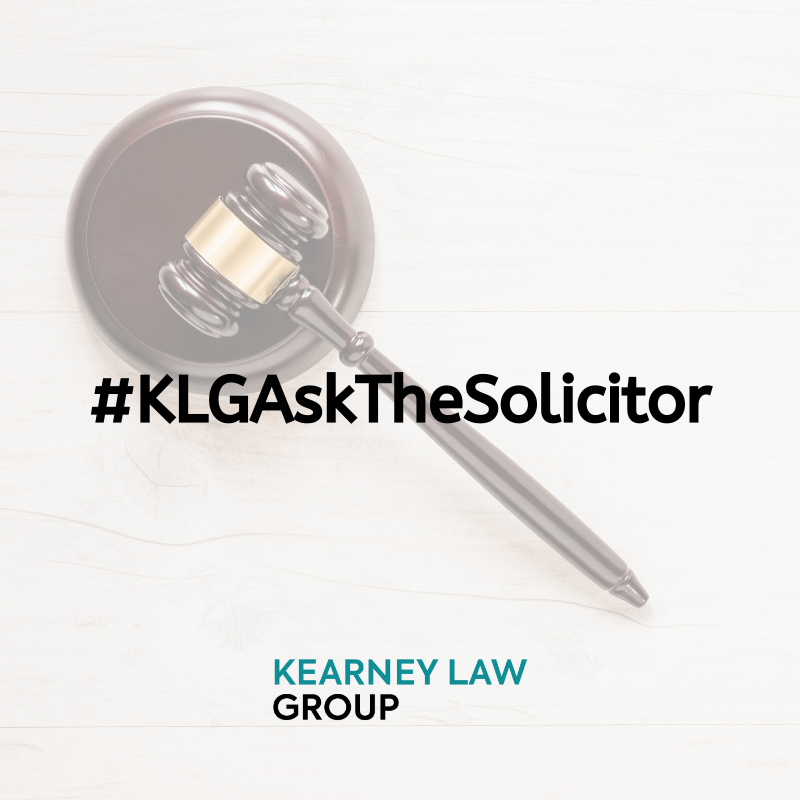
Traumatic head and brain injury claims
KLG had helped many clients who have suffered traumatic head and brain injuries. These injuries have arisen in road traffic accidents, accidents at work, trips or falls or as a result of clinical negligence. Whatever the cause of your traumatic head and brain injury, we have a team of professionals to help you live with your injury and ensure that you get proper compensation for your loss.
Headway, the brain injury charity, estimate that there are between 10000 to 20000 severe traumatic head and brain injury cases every year. This does not include moderate or more minor brain injury cases.
Are there different types of traumatic head and brain injury?
Yes. The vast majority of such injuries do not lead to ongoing physical or mental problems. It is estimated that 95% of those attending hospitals with head injuries have only mild symptoms and uneventful recovery. The remaining 5% are left with moderate or severe brain injury.
Head and brain injuries are related to a patient’s level of consciousness following an injury. Doctors measure consciousness using the Glasgow Coma Scale (GSC). This is an objective method of assessing a patient’s neurological, motor and verbal responsiveness. The lower the patient is on the GSC, the greater the brain injury. Generally, brain injury is classified as:
MRI and CT scans and other tests are also used by doctors in determining how severe the head and brain injury is.
Lawyers divide traumatic injuries of this nature into severe, moderate and mild – depending on the nature of the injury and its impact on the injured person.
Children
The Glasgow Coma Scale is generally not used for children. The Pediatric GSC is used instead and relies on a child’s responsiveness to eye, motor and verbal stimuli.
What are the symptoms of traumatic head and brain injury?
Symptoms and their impact vary depending on the severity of the injury and its impact on the injured person.
Is concussion a type of brain injury?
Concussion can be a mild form of brain injury. It usually arises following a traumatic incident, such as in a road traffic accident, if something falls on your head at work or if you bump your head. It is especially common in contact sports.
What are the symptoms of concussion?
These are very similar to the symptoms listed above – they tend to be milder and more transitory. If you suffer concussion, always seek medical help, especially if there is any loss of consciousness, no matter how short. The earlier the diagnosis, the sooner treatment can begin, and the better of the chances of recovery.
What is post-concussional syndrome?
Sometimes concussion symptoms do not clear up, and last longer than expected (more than three months). The symptoms include headaches, dizziness, memory and concentration problems and can last for months. Treatment is aimed at relieving symptoms, and most symptomology is resolved within a year.
How can the Kearney Law Group help?
If your head or brain injury was due to someone else’s negligence, including clinical negligence, then you may be entitled to compensation for your loss. We appreciate that no amount of money can go anywhere near putting you or a member of your family back to the position they were in prior to the negligent accident or act. What we can do is provide as much financial and other assistance as is possible to alleviate the burden of your loss. We will do everything in our power to maximise your recovery (including the cost of rehabilitation) and ensure that you and your family are provided for now and into the future.
How is my compensation assessed?
We divide compensation into a number of headings:
Can I get an interim payment of compensation before my case is settled?
Yes. Interim payments are made in personal injury cases where there is an immediate need for financial assistance. The value of any such payment is deducted from the final figure awarded in compensation. Such payments are used in cases that can take some years to settle – as in head and brain injury cases. They help the injured person and their families meet immediate financial demands and can pay for medical and other expert therapies as quickly as possible.
How long do I have to make a claim?
Normally you have three years from the date of your injury. However:
Why choose the Kearney Law Group?
We, at the Kearney Law Group, are ready to assist you and have the knowledge and expertise you need to make a successful claim for compensation for traumatic head and brain injury. We have an expert team ready to deal with your claim. We will ensure you recover compensation for your injuries, swiftly and professionally.
We only do personal injury law and are experts at it.
For further assistance please ring us at 02890 912 938 or email us on [email protected] or fill in our contact form
The content of this blog is provided for information purposes only and does not constitute legal or other advice. No solicitor/client relationship or duty of care or liability of any nature shall exist or arise between the Kearney Law Group and you and we refer you to our disclaimer on our website.
Scottish Provident Building,
7 Donegall Square West,
Belfast, BT1 6JH
TEL: 02890 912 938
Bishop Street Chambers,
26-28 Bishop Street,
Derry, BT48 6PR
TEL: 02871 362 299
Kearney Law Group specialises in legal services relating to Personal Injury and Clinical Negligence. We are committed to achieving the best results for our clients.
Contact us today to arrange your FREE initial consultation relating to any of the above matters.
Email: [email protected]
Opening Hours:
Monday to Thursday 8am – 8pm,
Friday 9am – 5pm